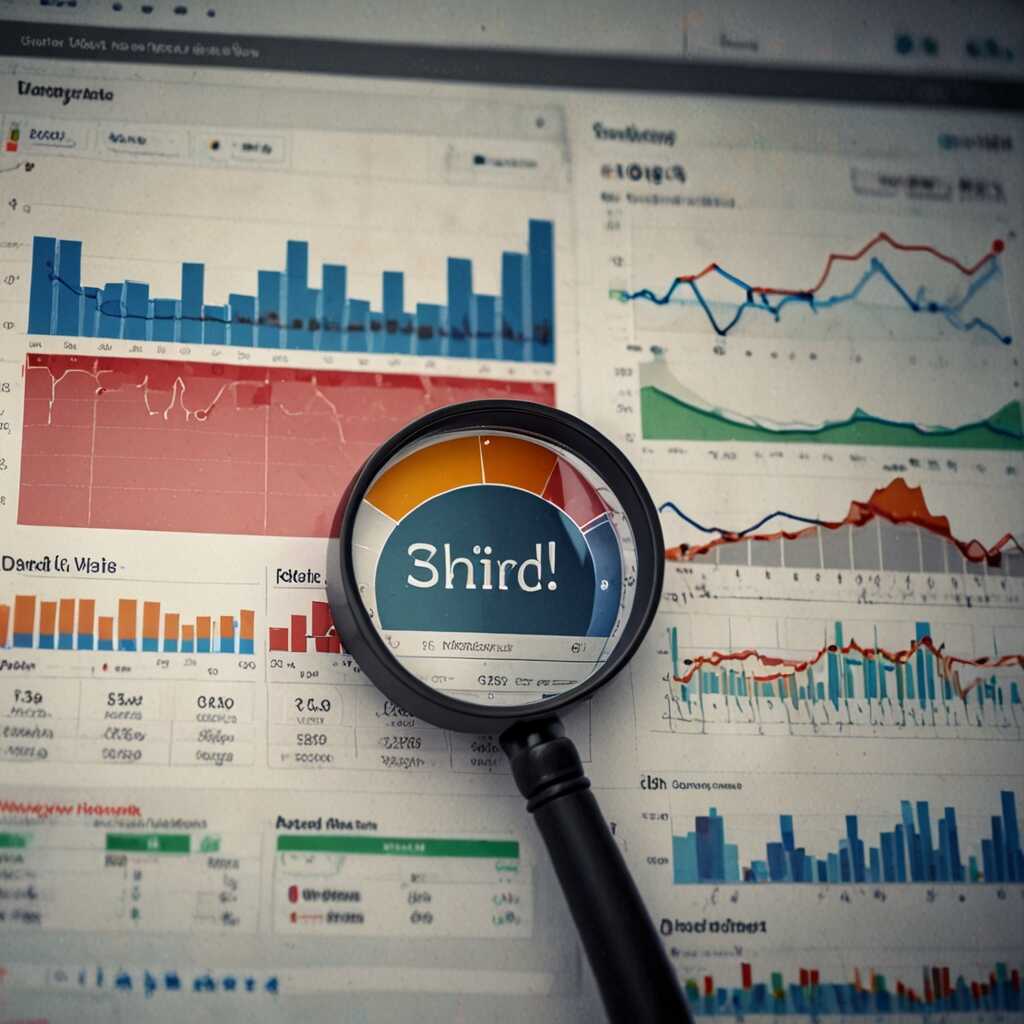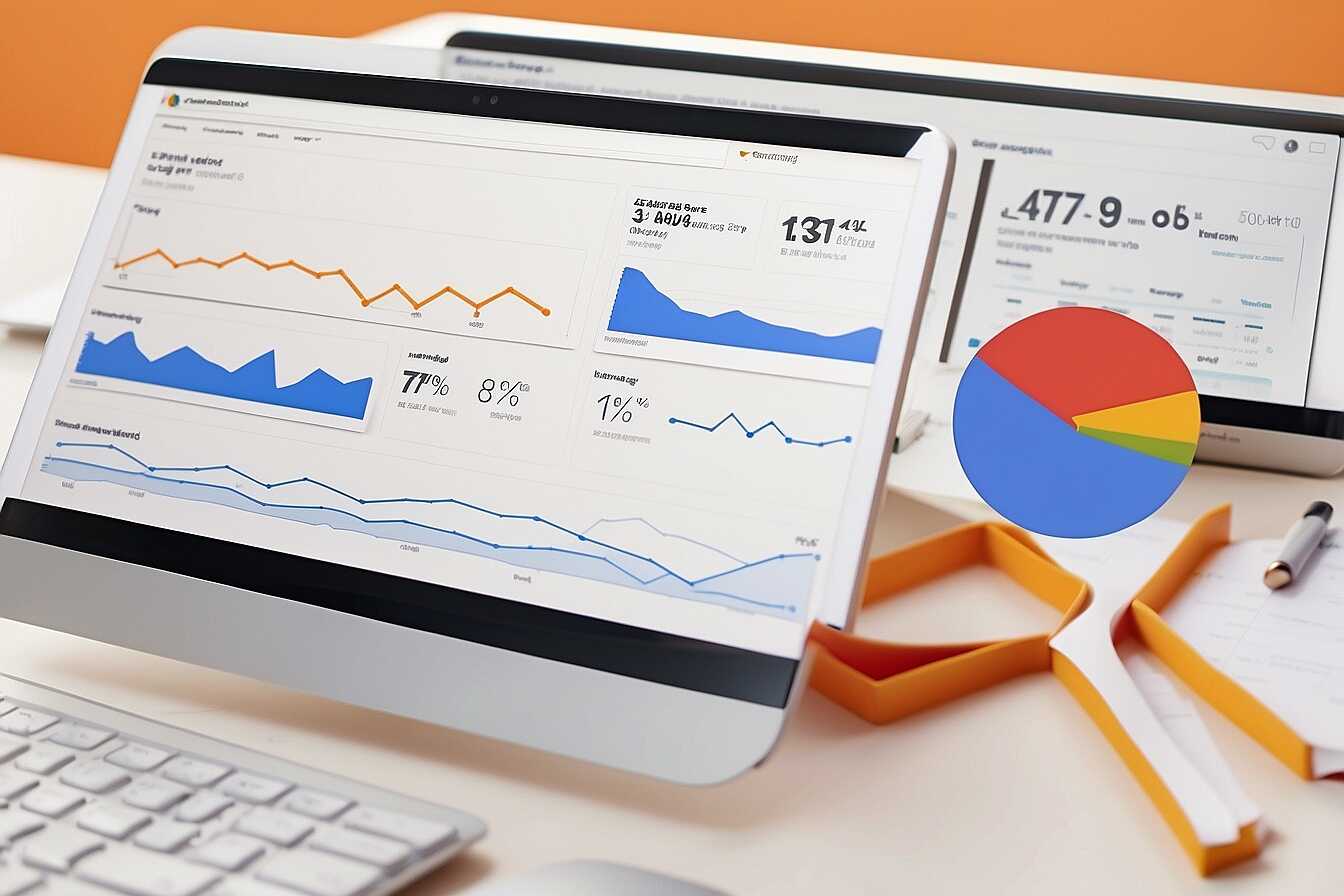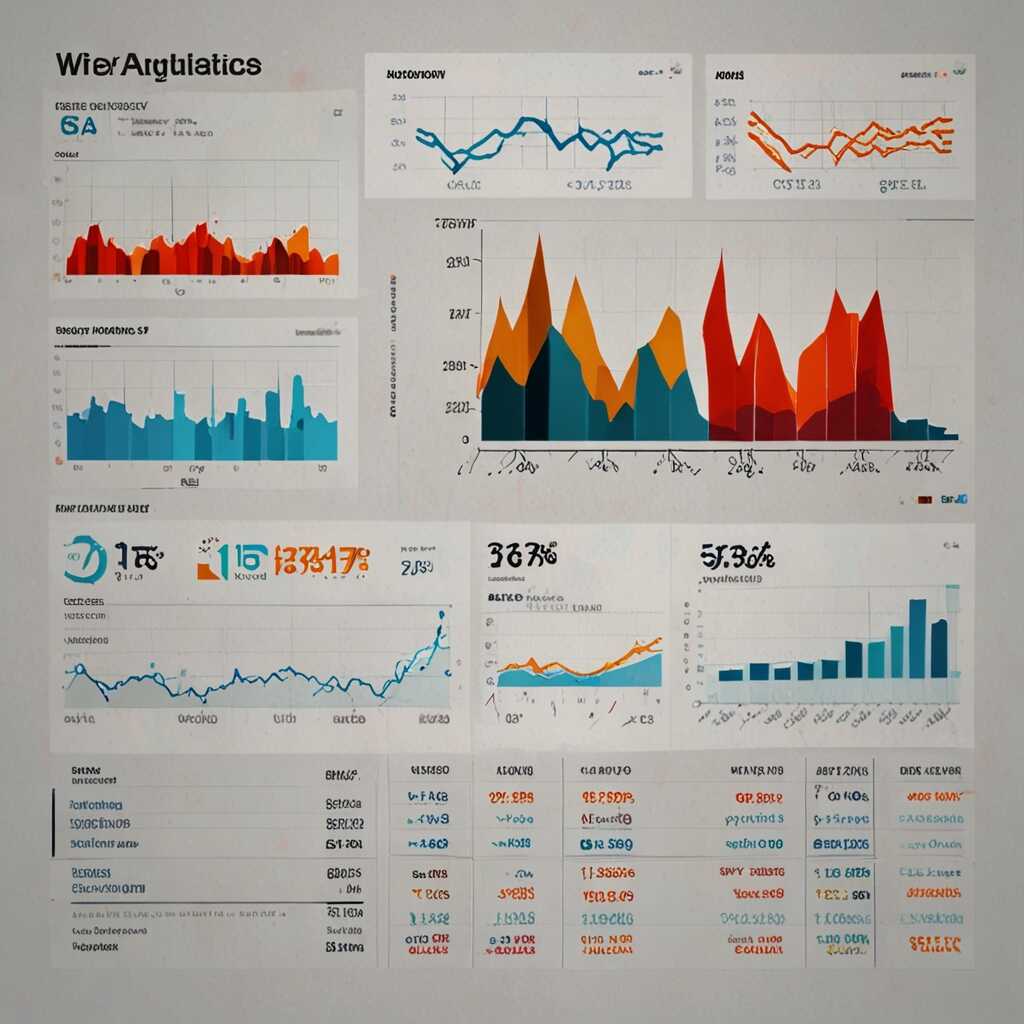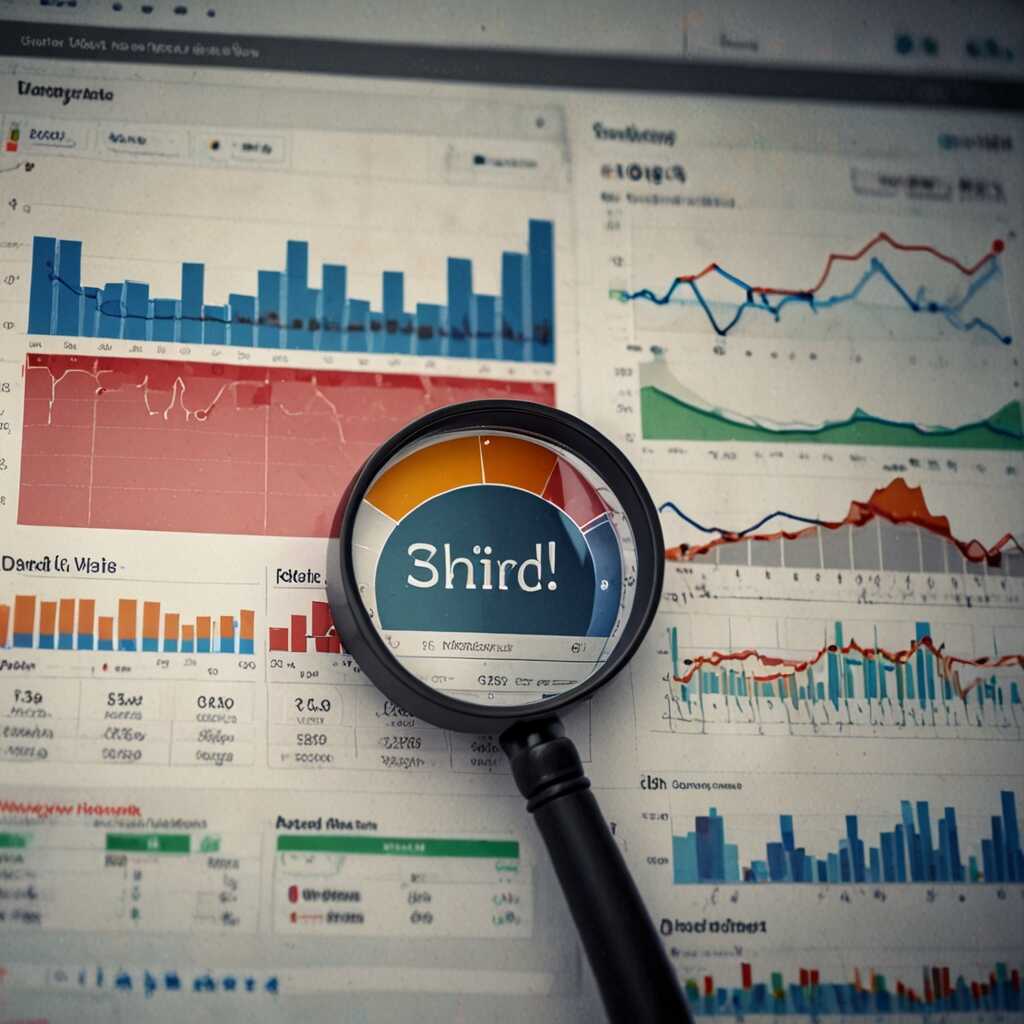To perform a comprehensive Bing SEO audit for better rankings, you need to understand the unique factors that influence Bing’s search algorithms. This guide will help you explore the essential steps needed to boost your website’s visibility and performance specifically on Bing. At Metrics Rule, we specialize in technical and on-page SEO analysis, equipping you with the tools and strategies to conduct effective audits. By focusing on Bing SEO, you can unlock new opportunities to enhance your site’s rankings and outperform your competitors.
Understanding the Unique Aspects of Bing SEO Audits
Conducting a specific SEO audit for Bing is crucial because Bing uses distinct ranking factors compared to other search engines. Bing emphasizes aspects like page load speed, content quality, and social signals. Unlike Google, Bing values well-structured sites and direct keyword relevance. Furthermore, Bing’s algorithm is designed to prioritize local search results, which makes it essential for businesses to focus on local SEO techniques. In 2023, Bing holds approximately 6.5% of the global search market share, making it vital not to overlook when optimizing for visibility.
Key Ranking Factors for Bing SEO
Bing’s ranking methodology includes specific factors that SEO professionals must consider. For instance, social media engagement significantly influences rankings on Bing. Websites with higher social sharing often rank better, as Bing assesses social signals as a measure of credibility and content relevance. Furthermore, a website’s mobile responsiveness and the use of structured data are crucial in enhancing crawl efficacy. Implementing these features ensures that e-commerce platforms and businesses remain competitive. By focusing on these factors, webmasters can achieve better results in Bing search results.
Essential Tools for a Comprehensive Bing SEO Audit
To conduct an effective Bing SEO audit, several tools stand out. Popular options include Bing Webmaster Tools, which offers insights into indexing and crawling issues. Tools like SEMrush and Ahrefs are excellent for keyword research, enabling you to analyze Bing-specific keywords and competition. For technical SEO analysis, tools like Screaming Frog and DeepCrawl help identify structural issues that could hinder performance. Using a combination of three to five of these essential tools will ensure a thorough and reliable audit.
Bing Keyword Research Tools and Their Features
When it comes to Bing keyword research, utilizing specific tools designed for Bing is crucial. Bing Keyword Planner is a powerful option that provides keyword suggestions and search volume data. Another excellent tool is Moz, which includes keyword difficulty scores and search engine results page (SERP) analysis tailored for Bing. These keyword research tools enhance your ability to find high-value keywords, helping to optimize your content strategy effectively. By leveraging these features, you can ensure that your SEO efforts yield impressive results on the Bing search engine.

A Step-by-Step Guide to Conducting Your Bing SEO Audit
To perform a comprehensive Bing SEO audit effectively, start with a website review, focusing on crawling, indexing, and technical SEO factors. Essential audit steps include verifying your site with Bing Webmaster Tools, checking for mobile-friendliness and site speed, and reviewing meta tags and on-page elements. Tools to enhance the efficiency of your audit process might include SEMrush for keyword analysis and Ahrefs for backlink audits. Typically, you should conduct a Bing SEO audit every 6 months to maintain good rankings and visibility in local searches.
Essential Audit Steps for a Bing SEO Review
The essential audit steps for a Bing SEO review should include a thorough technical analysis of your website’s architecture. Begin by ensuring that your sitemap is configured properly and submitted to Bing. Next, check the robots.txt file for any disallow directives that could hinder crawling. Assess your website’s loading speed, as Bing prioritizes fast-loading pages in its rankings. Implement keyword analysis strategies to identify content that may need updates or additional optimization. Regularly evaluating your site’s performance with these steps will provide a reliable foundation for enhancing your visibility in Bing’s search results.
Key Numerical Insights for Maximizing Search Engine Performance
- Bing accounts for approximately 6.3% of the global search engine market share.
- Over 1 billion monthly searches are performed on Bing’s platform.
- Bing has about 60 million unique users in the United States.
- Roughly 60% of Bing users are over the age of 35.
- Bing Ads can deliver a potential ROI of over 300% in competitive markets.
- Pages that rank in the top position receive approximately 30% of total clicks.
- About 30% of Bing searches come from mobile devices.

Evaluating On-page SEO Elements for Improved Rankings
To enhance your website’s visibility on Bing, it’s crucial to evaluate key on-page SEO elements. Assessing title tags, meta descriptions, and header tags can significantly boost your site’s performance. Title tags guide search engines on your page’s content and are vital for rankings. Meta descriptions offer a summary that influences click-through rates. Properly formatted header tags break your content into digestible sections, improving user experience and better indexing by Bing.
Understanding the Impact of Title Tags and Meta Descriptions
Title tags should ideally be between 50 to 60 characters for optimal display in search results. On the other hand, meta descriptions should be around 150 to 160 characters. These elements are essential as they directly affect both visibility and click rates. Well-crafted titles and descriptions can enhance your website’s performance on Bing by compelling users to click, thereby increasing traffic. Additionally, using relevant keywords naturally will improve your chances of ranking higher in search results.

Crucial Technical Factors Influencing Bing SEO
Several key technical factors directly influence Bing SEO rankings. Site speed is vital, as faster-loading pages improve user experience and are favored by Bing’s algorithms. Mobile responsiveness is equally important; websites must perform well on mobile devices to maintain their search engine ranking. Structured data optimization helps Bing better understand your content, improving the chance of rich snippets, which can enhance visibility dramatically. Comprehensive testing can ensure these elements are functioning correctly, providing a reliable user experience.
Understanding the Impact of Site Speed and Mobile Responsiveness
Site speed and mobile responsiveness play critical roles in Bing’s ranking algorithm. A website that loads in under three seconds is considered optimal. This speed enhances user satisfaction and encourages users to stay on your page longer, positively influencing your bounce rate. Mobile responsiveness ensures that your site is easily navigable on smartphones and tablets, which is essential for retaining visitors. For the best results, combining these elements with structured data optimization creates a well-rounded technical SEO approach. Implementing these strategies can help businesses in Vancouver and beyond improve their visibility on Bing.
Advantages of Conducting a Detailed Evaluation for Search Engines
- Improved visibility can increase organic traffic to your website.
- Enhancing site performance can lead to better user experience and engagement.
- Thresholds for indexing allow you to identify crawl issues effectively.
- Understanding ranking factors helps prioritize necessary optimizations.
- A thorough assessment can uncover missed keyword opportunities for content.
- Regular audits boost your site’s authority and trustworthiness with search engines.
- Your content can be aligned more closely with user intent and queries.

Competitor Analysis Strategies for Bing Search
To conduct an effective competitor analysis for Bing SEO, focus on key metrics like keyword usage, site performance, and backlink strategy. Return to Bing’s search results to identify competitors’ top-ranking pages and review their content quality. Essential aspects include the types of keywords they target, the format and engagement of their content, and how well those pages satisfy user intent. Analyzing these components will help you understand their strengths and weaknesses, enabling you to refine your strategies. For example, you might notice certain long-tail keywords they utilize effectively. Additionally, evaluating their backlink profiles can reveal opportunities for your own link-building efforts. This comparison will enhance your ability to rank on Bing.
Effective Keyword Usage on Bing
Understanding effective keyword usage on Bing is critical for improving your site’s SEO performance. Start by researching the specific keywords competitors rank for, which many are already testing through their content strategies. Focus on long-tail keywords that show high search volume and low competition to enhance your visibility. Tools like Bing’s own keyword research platform can provide valuable insights into current keyword trends, helping you identify gaps in your own content creation. Incorporate these findings into your content strategy to ensure that you create the best possible pages for various searches, from broad queries to specific e-commerce needs. Regularly test your keyword strategies to adapt to Bing’s evolving algorithms, ensuring you maintain a competitive edge.
Conducting In-depth Keyword Research for Bing
To conduct effective keyword research tailored for Bing, focus on understanding user intent and utilizing Bing-specific tools. Best practices include performing keyword analysis by using tools like Bing Keyword Research Tool. This helps identify valuable keywords based on search volume and competition. Additionally, compare keyword recommendations from other platforms with Bing to find unique opportunities. Investigate content gaps by analyzing search results for keywords you want to target. This approach enables you to enhance your content strategy effectively.
Utilizing Bing-Specific Tools for Enhanced Efficiency
Maximize your keyword research by utilizing Bing-specific tools that are designed to deliver reliable data. Tools like Bing Webmaster Tools provide insights into search queries bringing traffic to your site. This allows you to discover underutilized valuable keywords that can improve your site’s performance. Incorporating Bing-related analytics can handle technical aspects like indexing and crawling efficiently. In 2025, aiming for at least 20-30 targeted keywords in your Bing SEO strategy will enhance your visibility and ensure better rankings.
Digital Marketing Tools and Their Impact on Search Visibility
- Bing Webmaster Tools assist users in managing site presence on Bing efficiently.
- Google Search Console provides insights, but it primarily supports Google.
- SEMrush helps compare keyword strategies between competitors.
- Ahrefs is great for backlink analysis and keyword tracking but is limited for Bing-specific data.
- Majestic offers detailed link metrics, yet lacks broader search engine insights.
- Ubersuggest helps with content ideas, but needs more features for in-depth Bing SEO.
- Keyword Planner aids in finding effective keywords for ad campaigns on Bing and Google.
Implementing Audit Findings and Tracking Success
To effectively apply your Bing SEO audit findings, start by prioritizing changes based on impact and ease of implementation. This process should be guided by data from your audit, focusing on areas like technical optimization, content quality, and keyword effectiveness. Tools such as Bing Webmaster Tools can provide insights into crawling and indexing while monitoring site performance. Tracking metrics, including organic traffic, bounce rates, and keyword rankings, are essential for measuring the success of these changes. It’s crucial to conduct regular reviews, ideally on a monthly basis, to assess progress and make necessary adjustments to your strategy.
Essential Tools for Monitoring SEO Performance
Utilizing reliable tools for monitoring SEO performance is crucial to enhance your website’s effectiveness. Programs like Google Analytics and Bing Ads provide valuable insights into traffic patterns and user interaction. By integrating these tools, you can gather essential data such as conversion rates and page views, which offer a comprehensive view of SEO impact. Ensure that you regularly review these metrics to identify trends or necessary adjustments. Such ongoing analysis helps you enhance your search visibility and makes your website more competitive in Bing’s search results.
